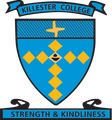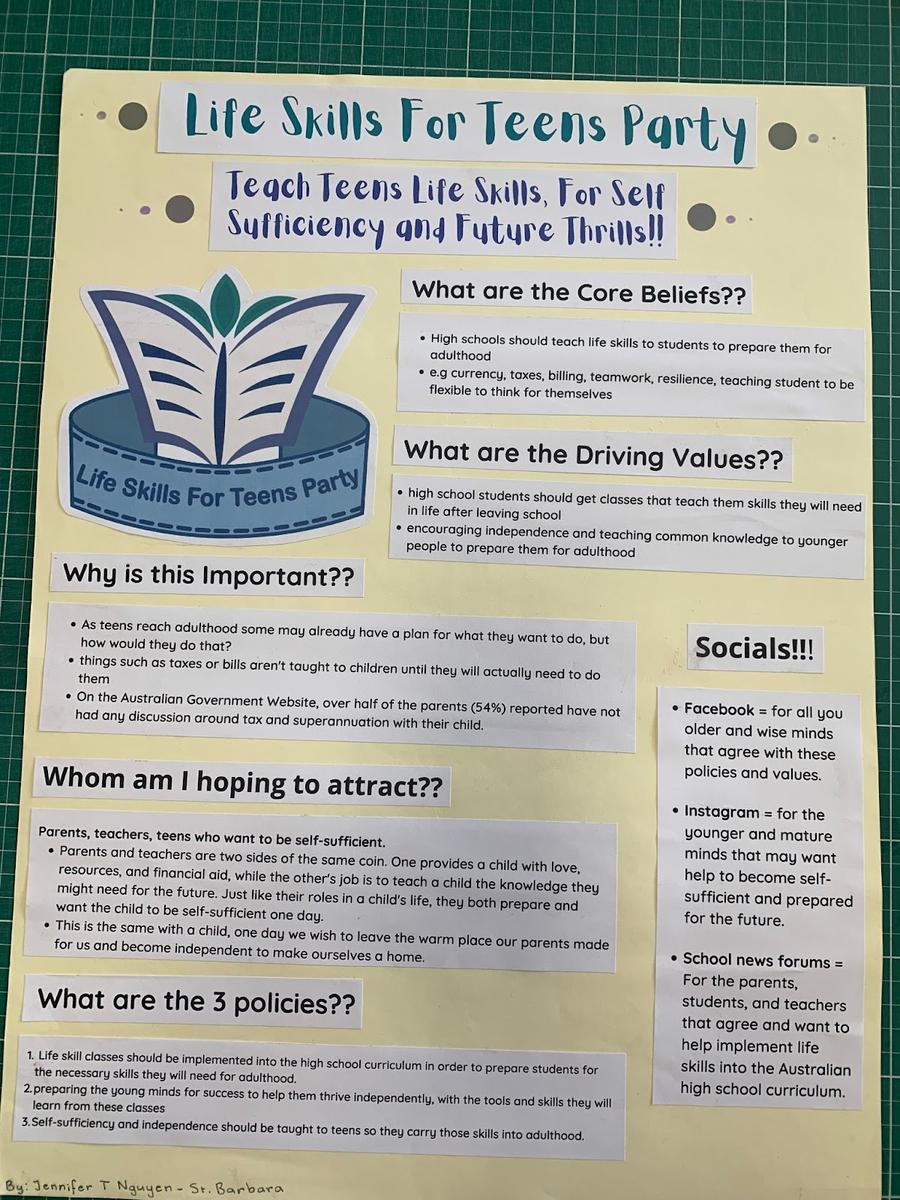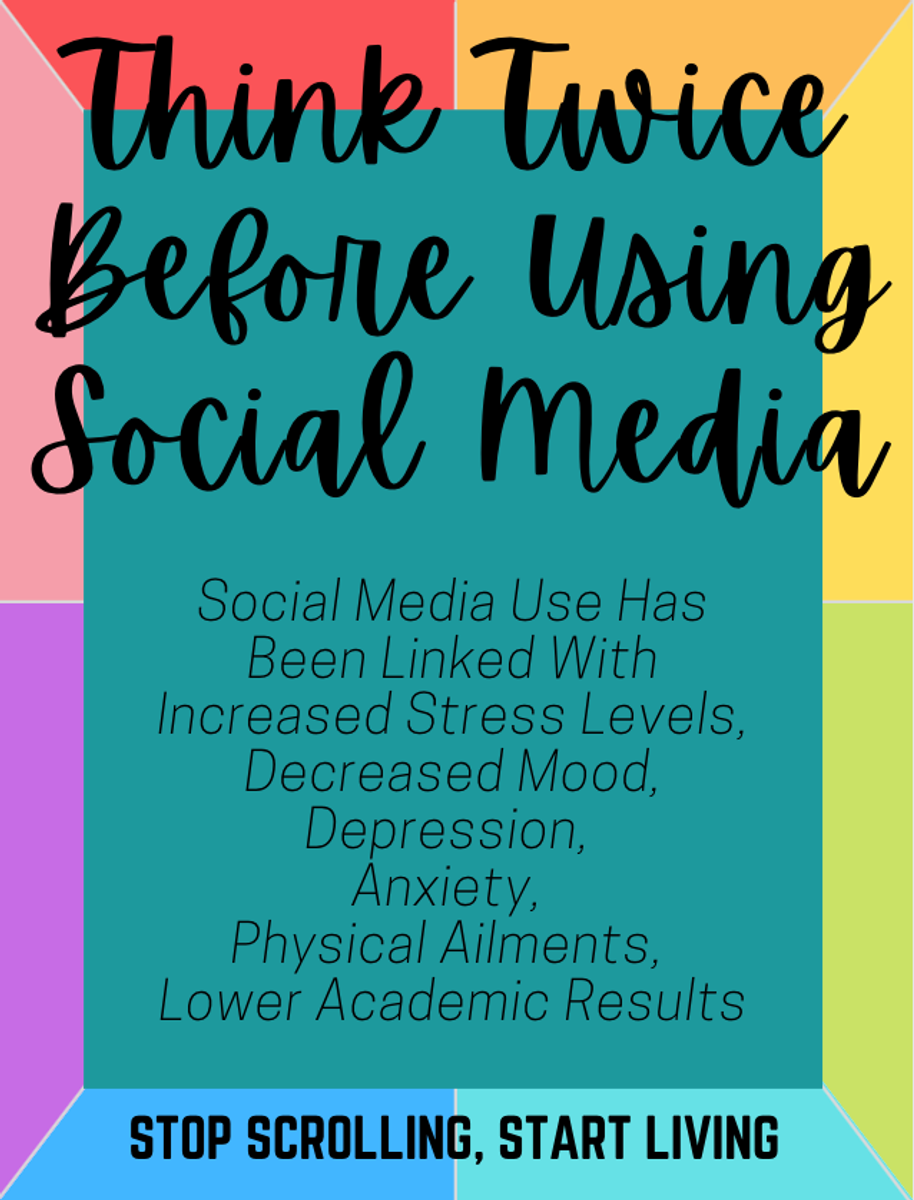Humanities

During Term 1, Year 7-10 students completed a Civics and Citizenship Unit of study allowing students the opportunity to become active and informed citizens who participate in and sustain Australia’s democracy.
Year 7 Reflection
by Cindy Tran and Cyrella Bedra
This Term, our Unit for Humanities was Civics and Citizenship. We developed knowledge of Australia’s political institutions and explored the nature of citizenship in a Democracy. We examined questions such as: What is democracy? What are the three levels of government? What are rights and responsibilities in Australia? What is a citizen? What is a fact and opinion and our values in the community? Something fun we did in Humanities was to learn about preferential voting and to conduct a mock election using ballot papers to rank our preferences. The class was split into groups to count the votes. We learnt that to win, the candidate had to receive half the amount of votes plus one.
For our topic Civics and Citizenship in Humanities, we used a variety of resources for our learning. Some of these resources include our Humanities slides, different videos and texts. Every single thing we need for our lessons are also shown in SEQTA, which is easy to access every lesson. We were able to check our Humanities slides for each sub-topic we had, so we could just follow along to do our work. It is great that our lesson plans and resources are displayed on SEQTA so students can access them from home or can catch up if they have been absent.
Civics and Citizenship is an important unit to learn because it teaches us that we have rights, responsibilities and how we can participate in our community as citizens of a Democratic country.
Year 8 Reflection
by Rhea Fernandez
The topic for Year 8 Humanities in Term 1 was Civics and Citizenship. In this unit, we learned about how Australia's government works, and ways we can actively participate in Australia's democratic process. Our big assessment of the term was to choose an issue (e.g: Japanese Whaling, Animal Cruelty etc.), and participate in the democratic process by either contacting a member of parliament, or spreading awareness about the issue to a specific part of society. I chose 'Social media and its impacts on our social lives', with a focus on mental health, and to create different poster designs in order to spread awareness to young girls using social media. Overall, it was an interesting and engaging topic, as we were often able to do interactive activities on the Parliamentary Education Office website, as well as research a bit more on an issue that interests us.
Year 9 Reflection
by Jennifer T Nguyen
Our Humanities Unit this Term was a Civics and Citizenship one. In this Unit, we learned about the different roles of an Australian citizen and the evident reflection of major parties in our political system. What my classmates and I have found enjoyable about this unit was being able to hear the thoughts and opinions of every student in the room. Our teachers encouraged us to speak our minds and justify our opinions in an appropriate manner that will convince whoever opposed them.
I believe that learning about this topic is important and being able to understand it is vital. It allows us to broaden our understanding of the outside world and the near future of our political stance. Learning about why political parties are important and why both major and minor parties share an important role in keeping the political system balanced can be extremely beneficial as young adults striving to achieve our goals. Our parliament is our system, and no greater power surpasses one who truly understands our system. Not only did we have the opportunity to learn about the topic, but we were also able to create our own political party and advertise our campaign. I was fortunate enough for people to find my chosen topic intriguing and was lucky enough to win the title of most voted for. I found this unit very enjoyable and educational and feel like I have gained valuable information which will be beneficial to me and my peers.
Year 10 Reflection
by Tamanna Saini and Therese Licanda
This term in Humanities, the Year 10s used current affairs to learn about aspects of democracy. We did this through opinion continuum discussions in which we were encouraged to state our views on topics related to democracy and threats to it. We also discussed the different types of governments, to get a larger scope of democracy around the world and understand how their ideals differ from or are similar to Australia.
The assessment we were given required was to research an issue of our interest that we believed was a threat to democracy and write a letter to a designated parliament member who could possibly provide change regarding this issue. Tamanna’s chosen issue was media bias and how it shows very opinionated material to its audience. She researched its effects on democracy and the people of Melbourne. As for the letter, it was addressed to the Minister of Communications and Urban Infrastructures.
The issue that Therese chose was poverty and how it threatens democracy as it often sacrifices basic human needs and democratic rights. She researched poverty rates in Australia and how it impacts democracy and the people of Australia. For her letter, she addressed it to Prime Minister Scott Morrison as poverty affects the entirety of Australia.
We look forward to learning about what events led to WWII and how the Treaty of Versailles potentially caused more harm than good.
Isabelle Maroun
Humanities Learning Leader


